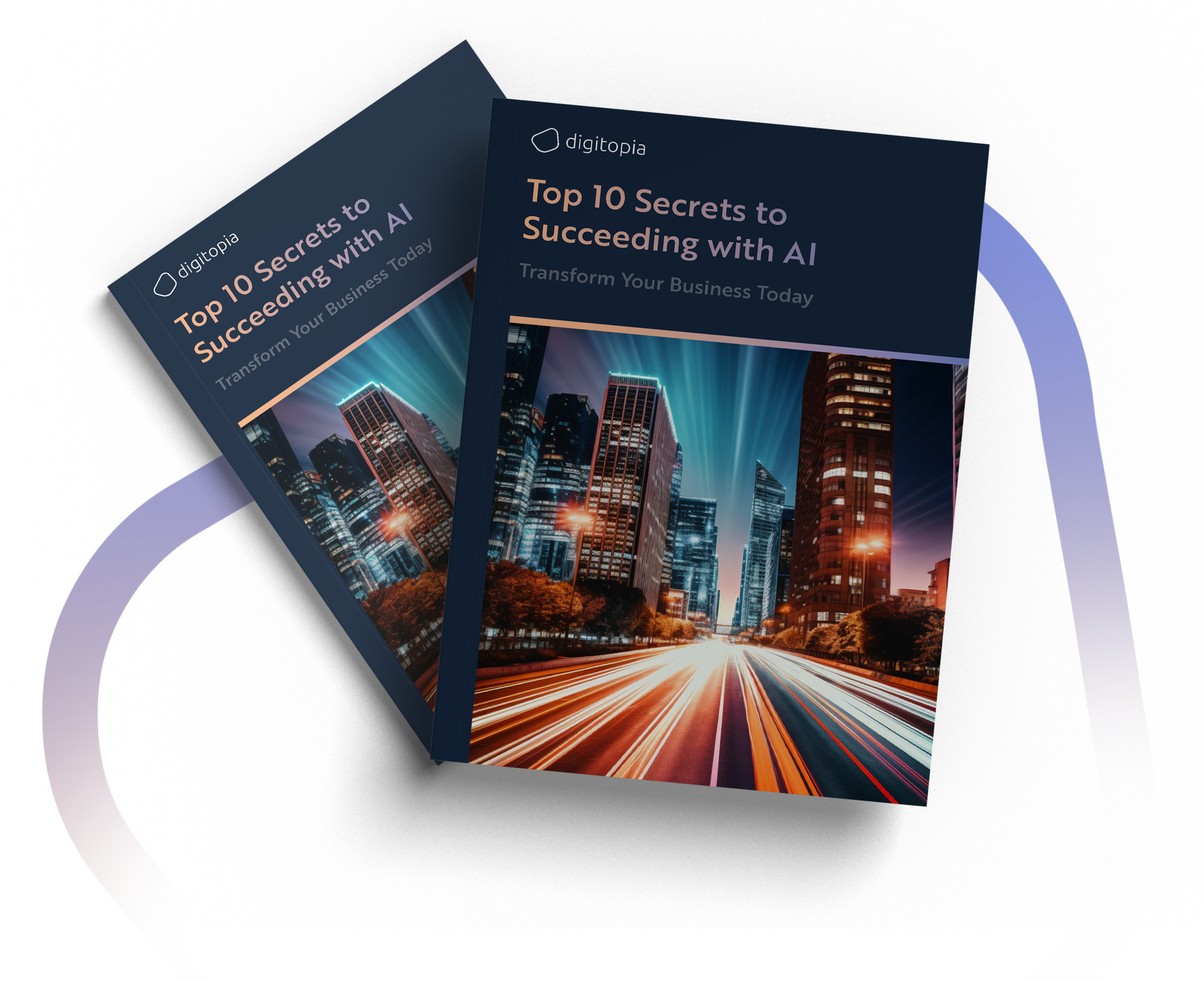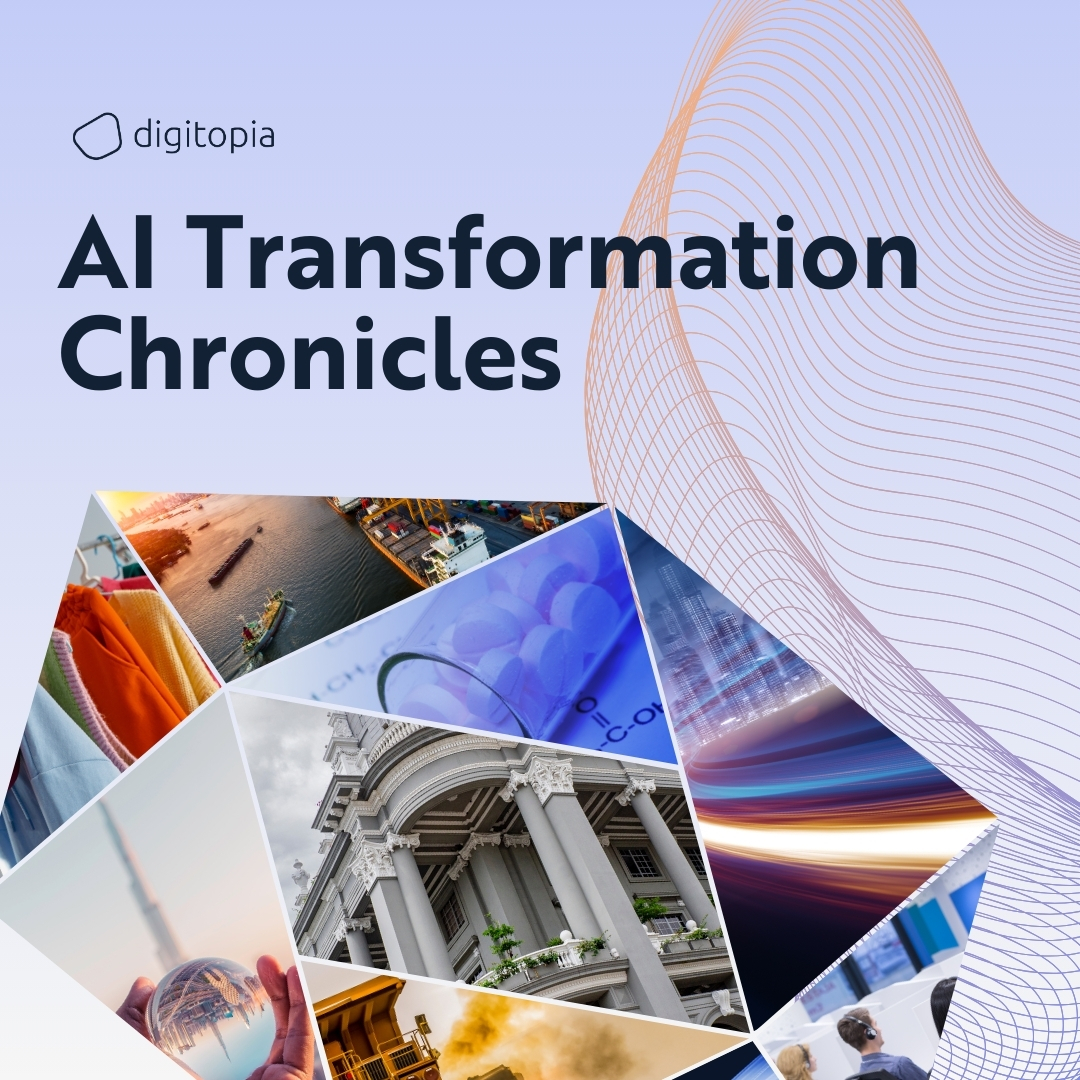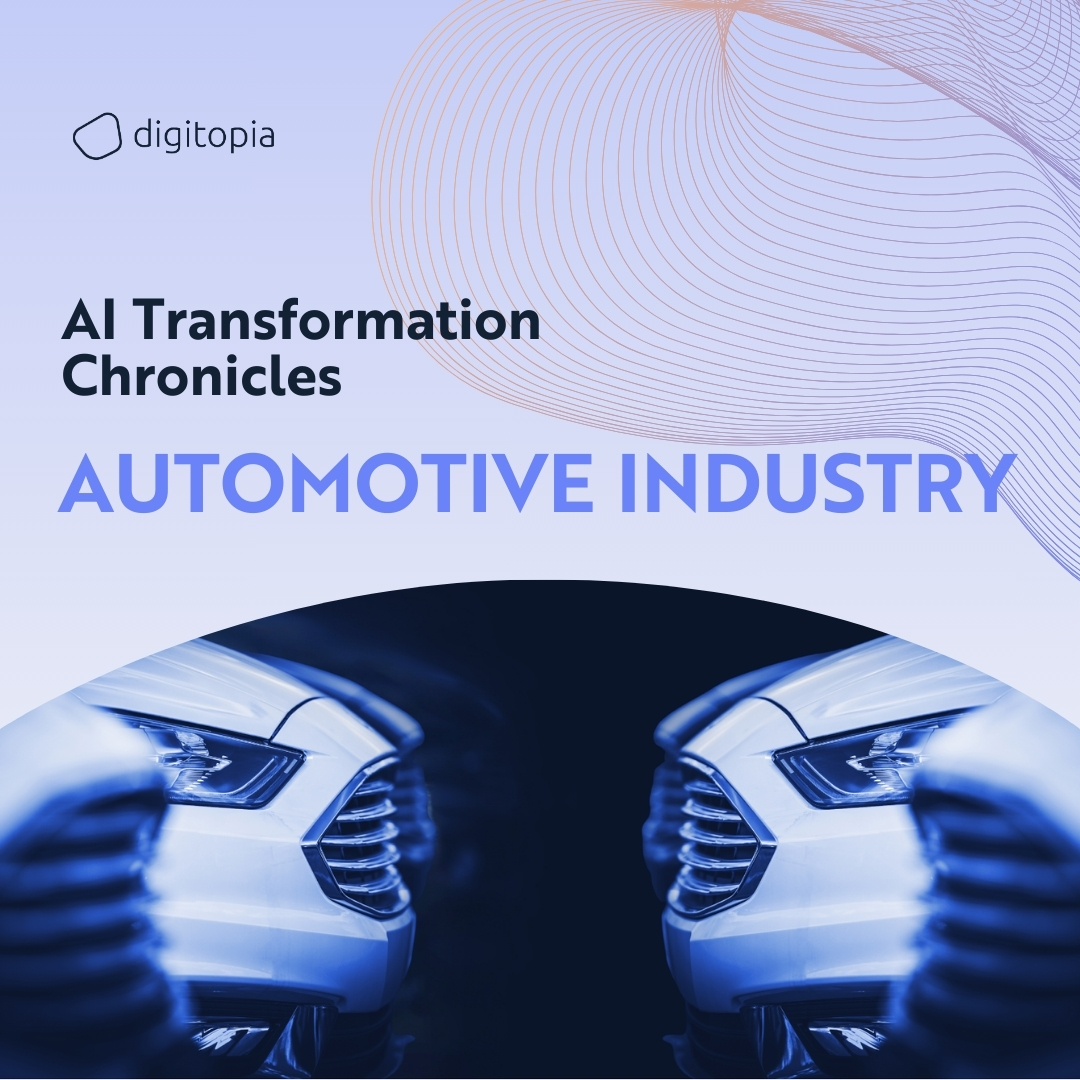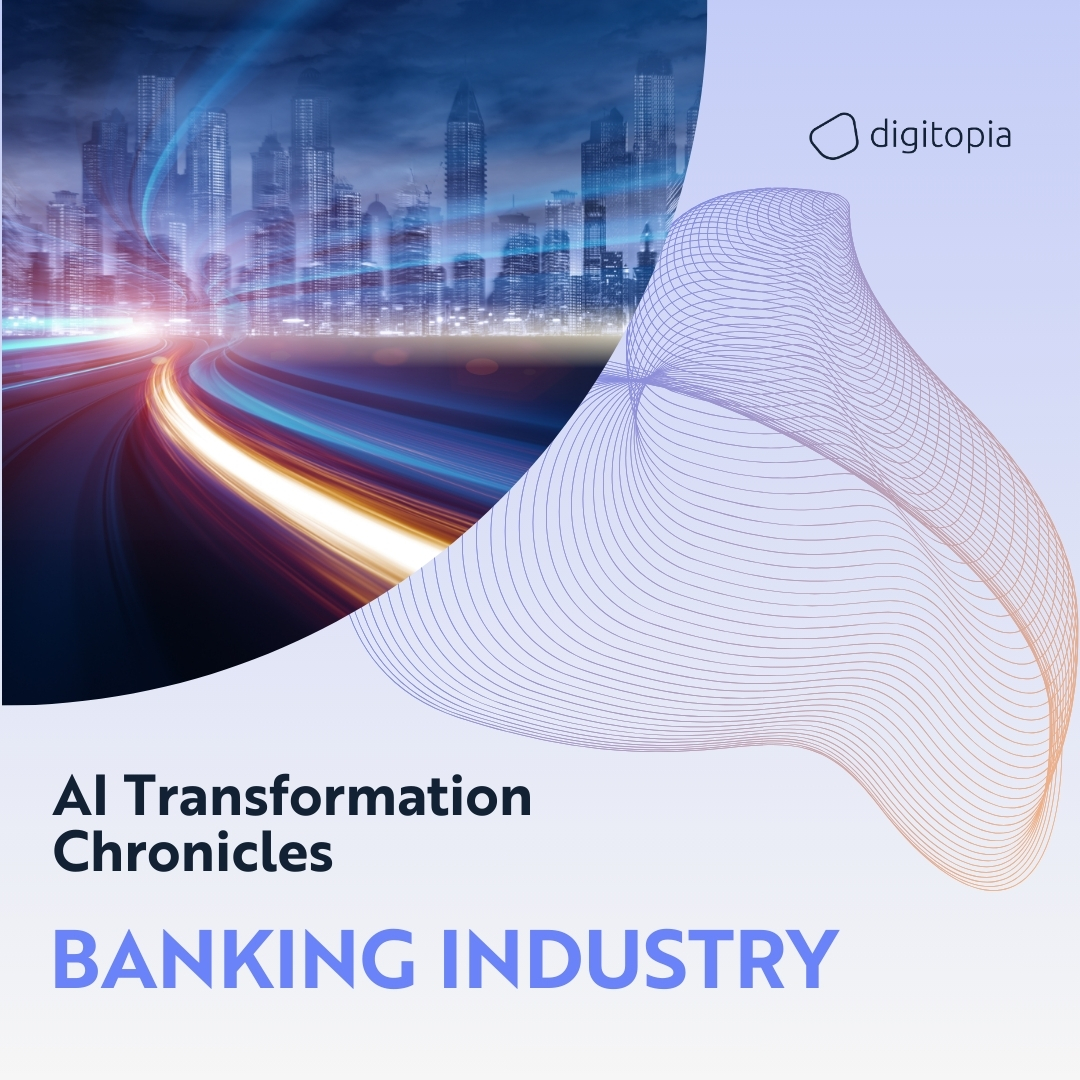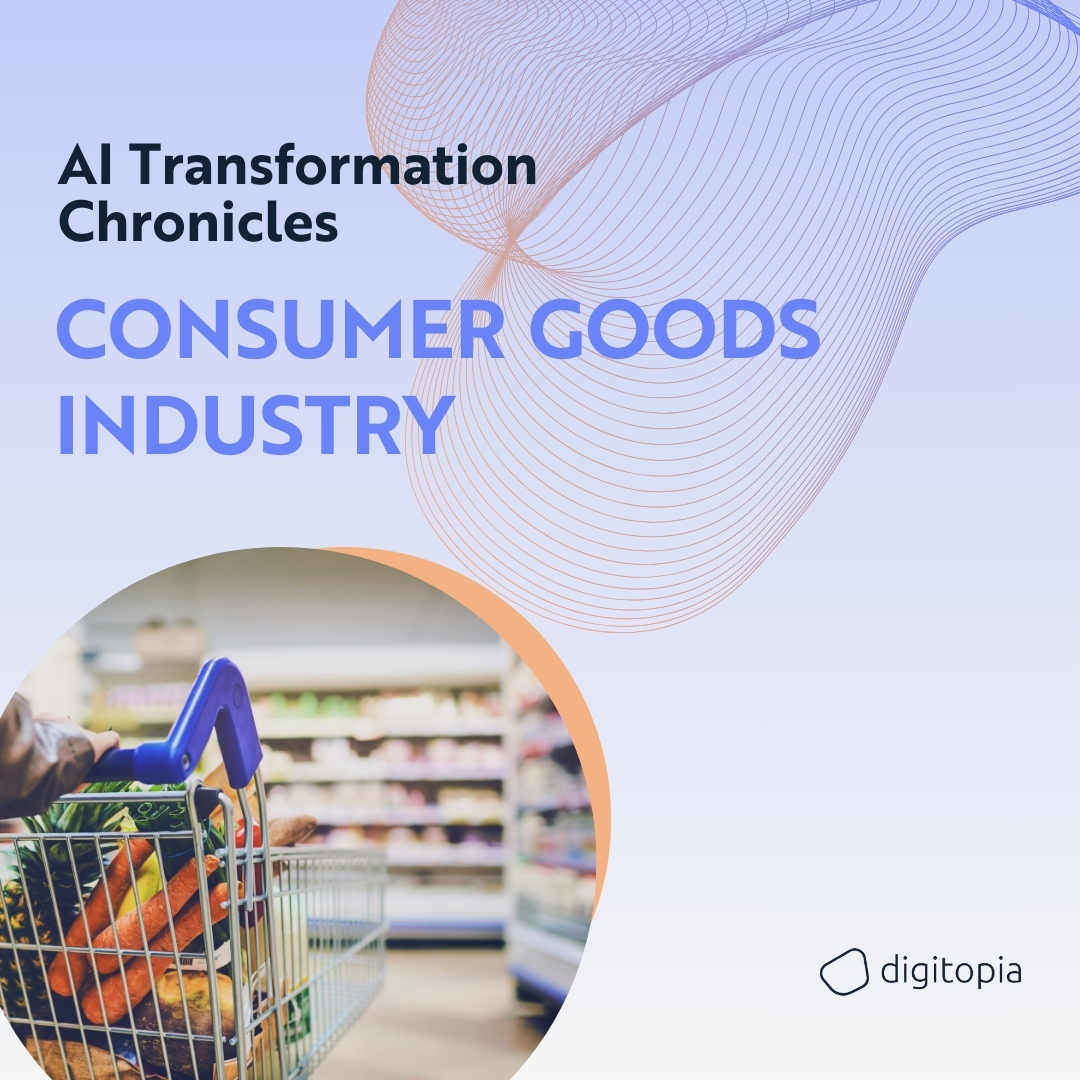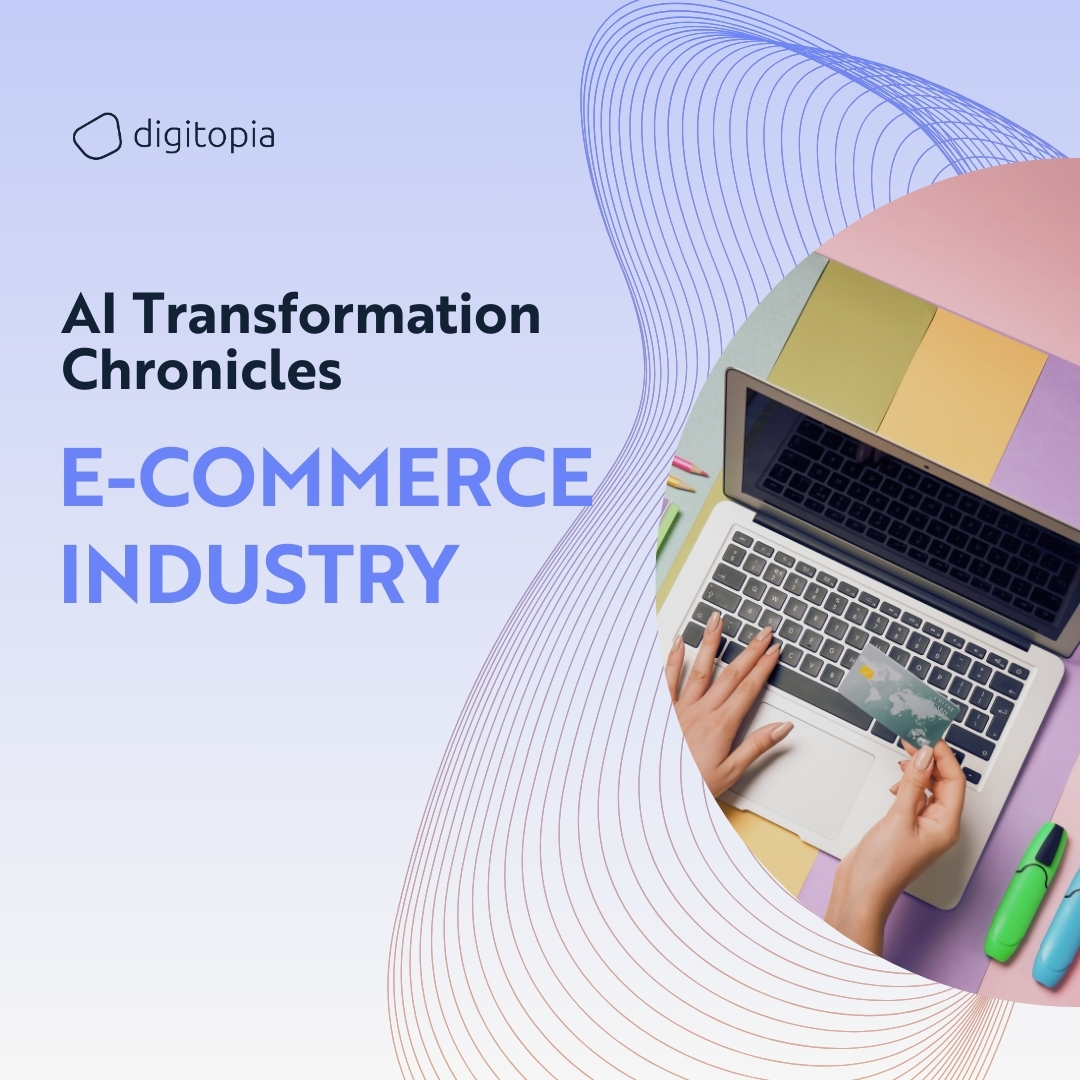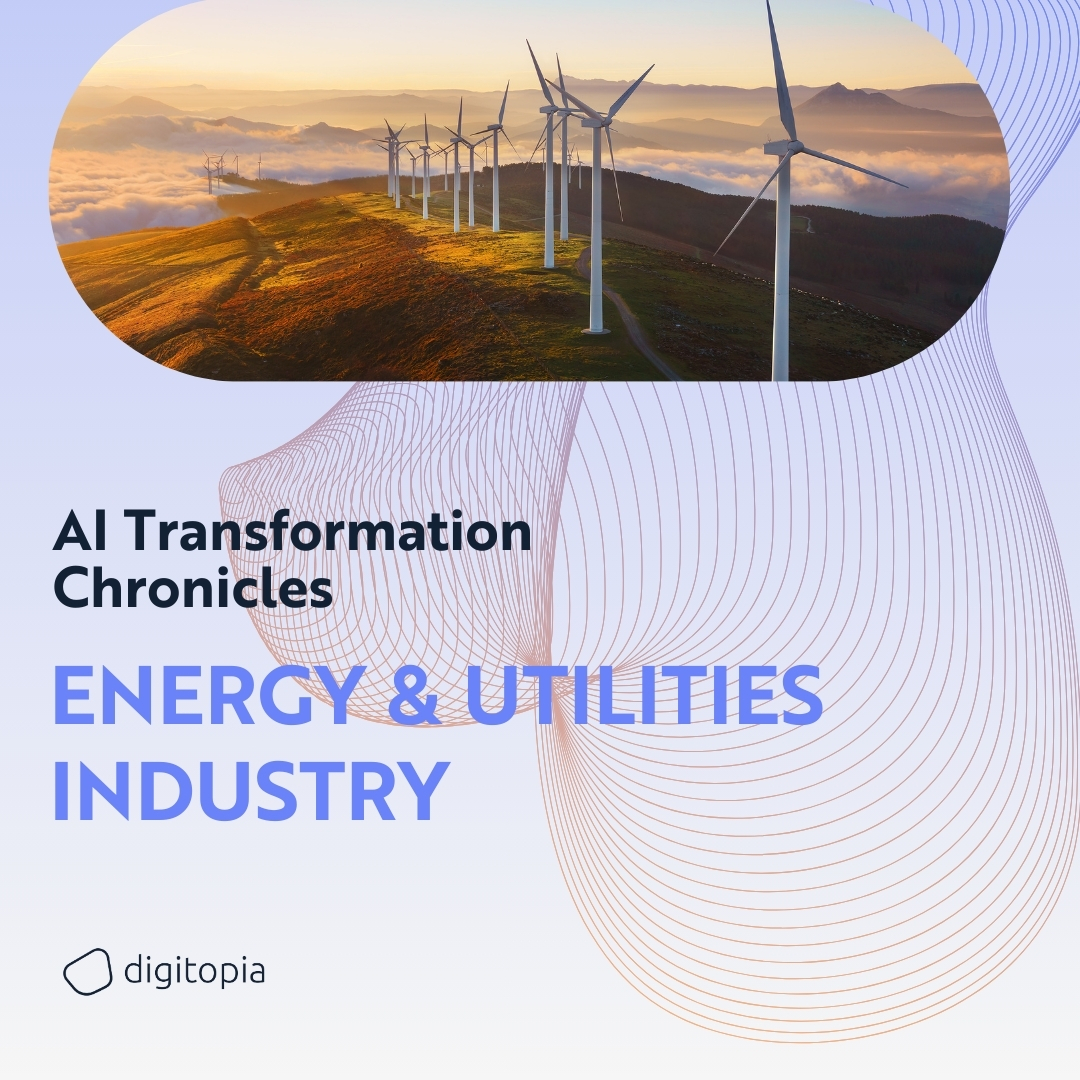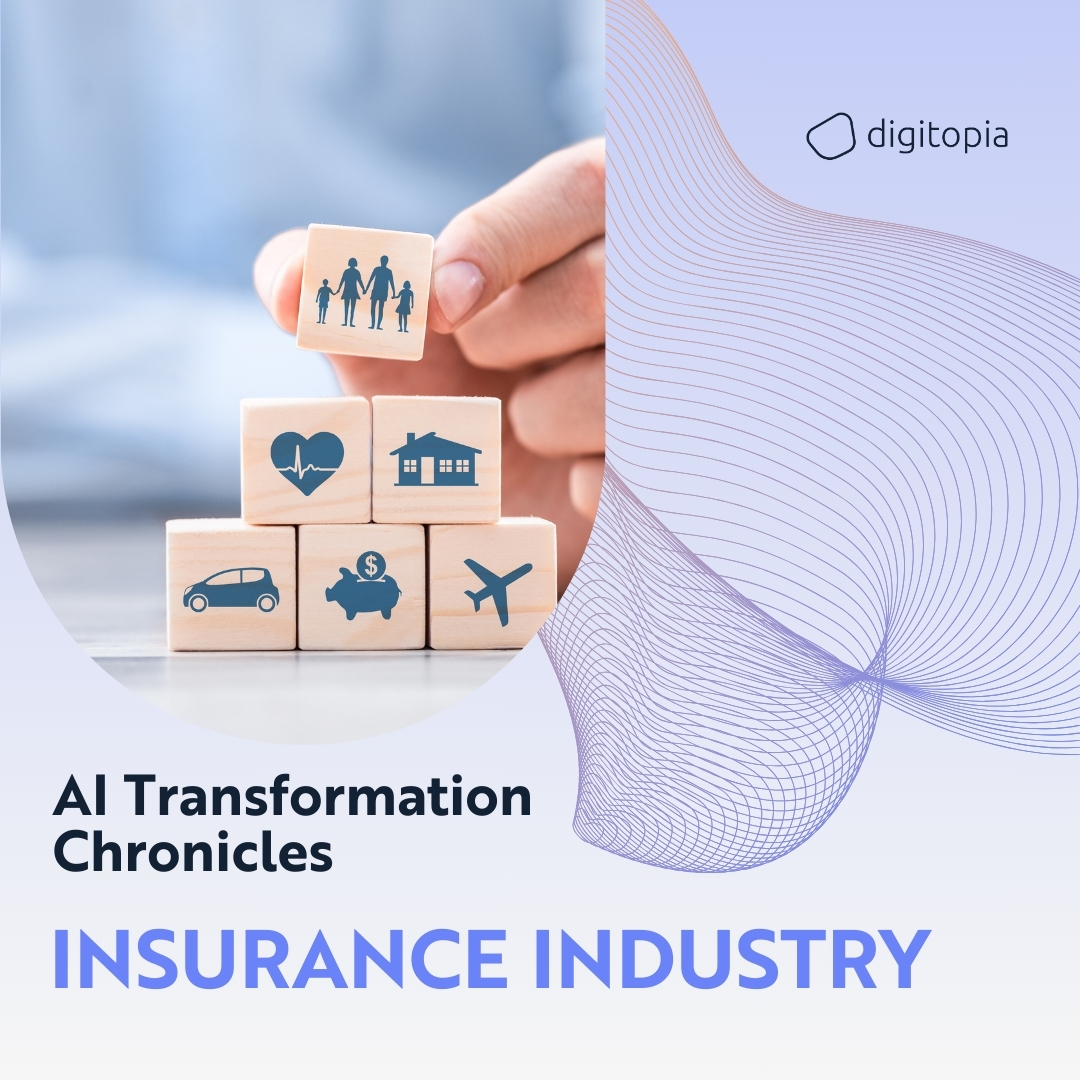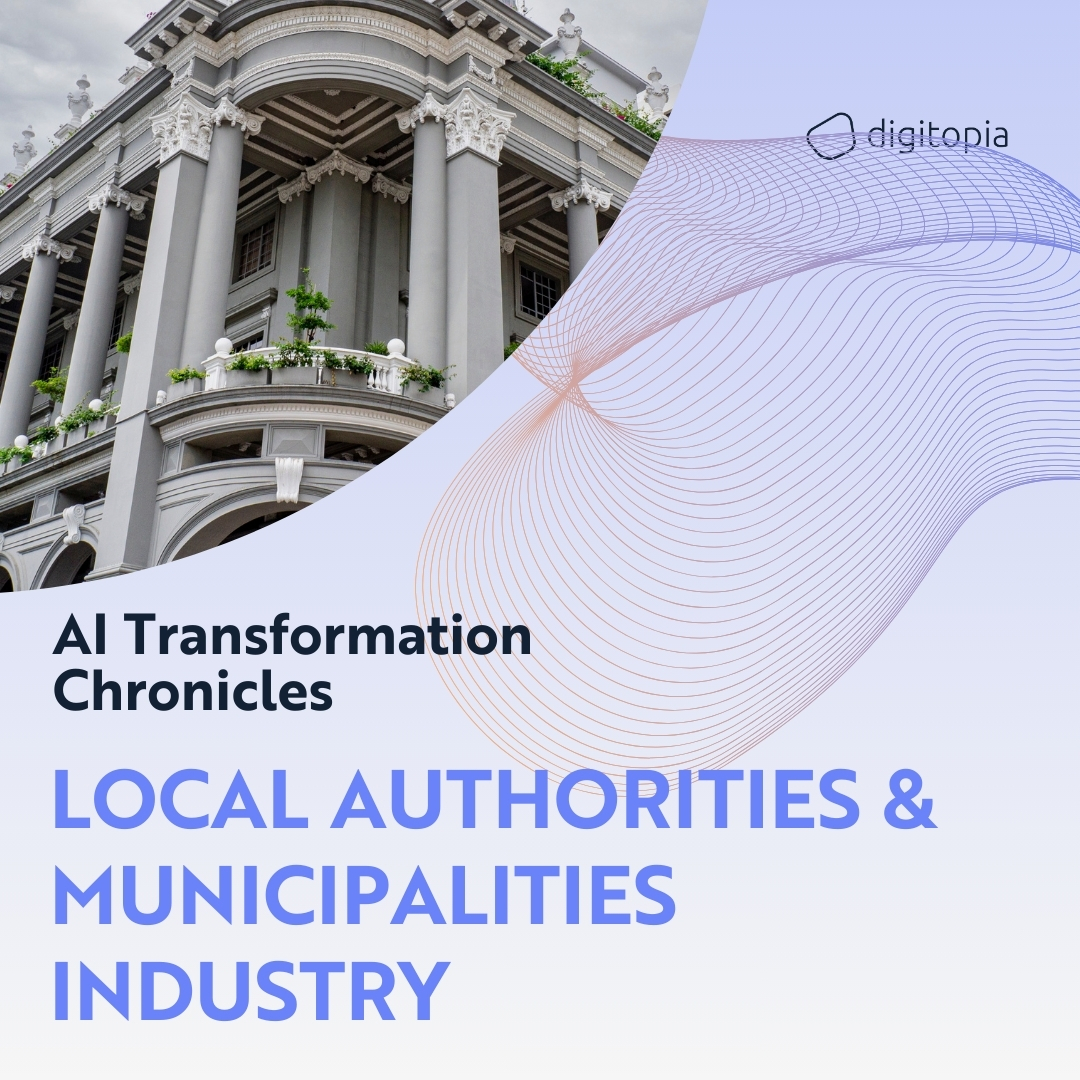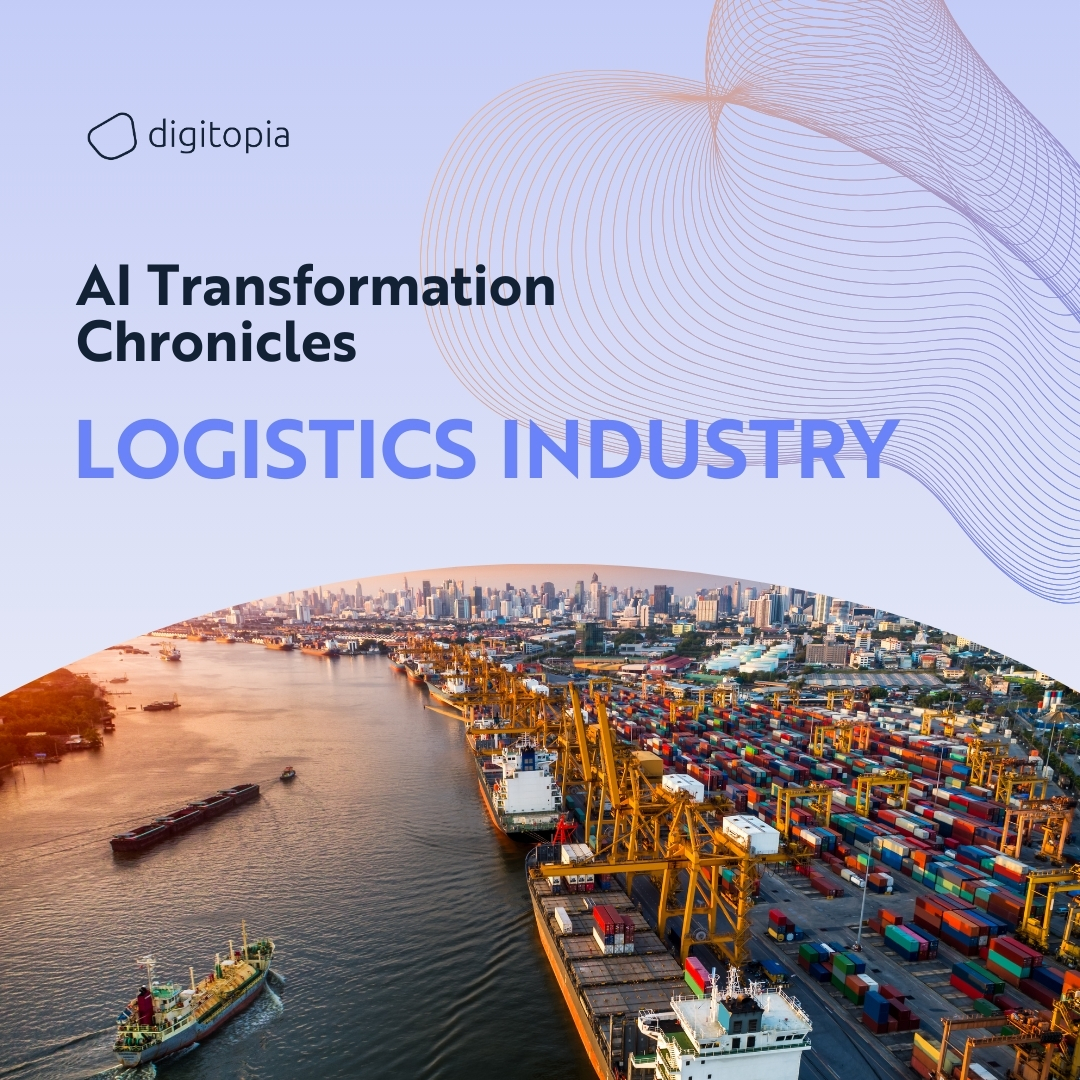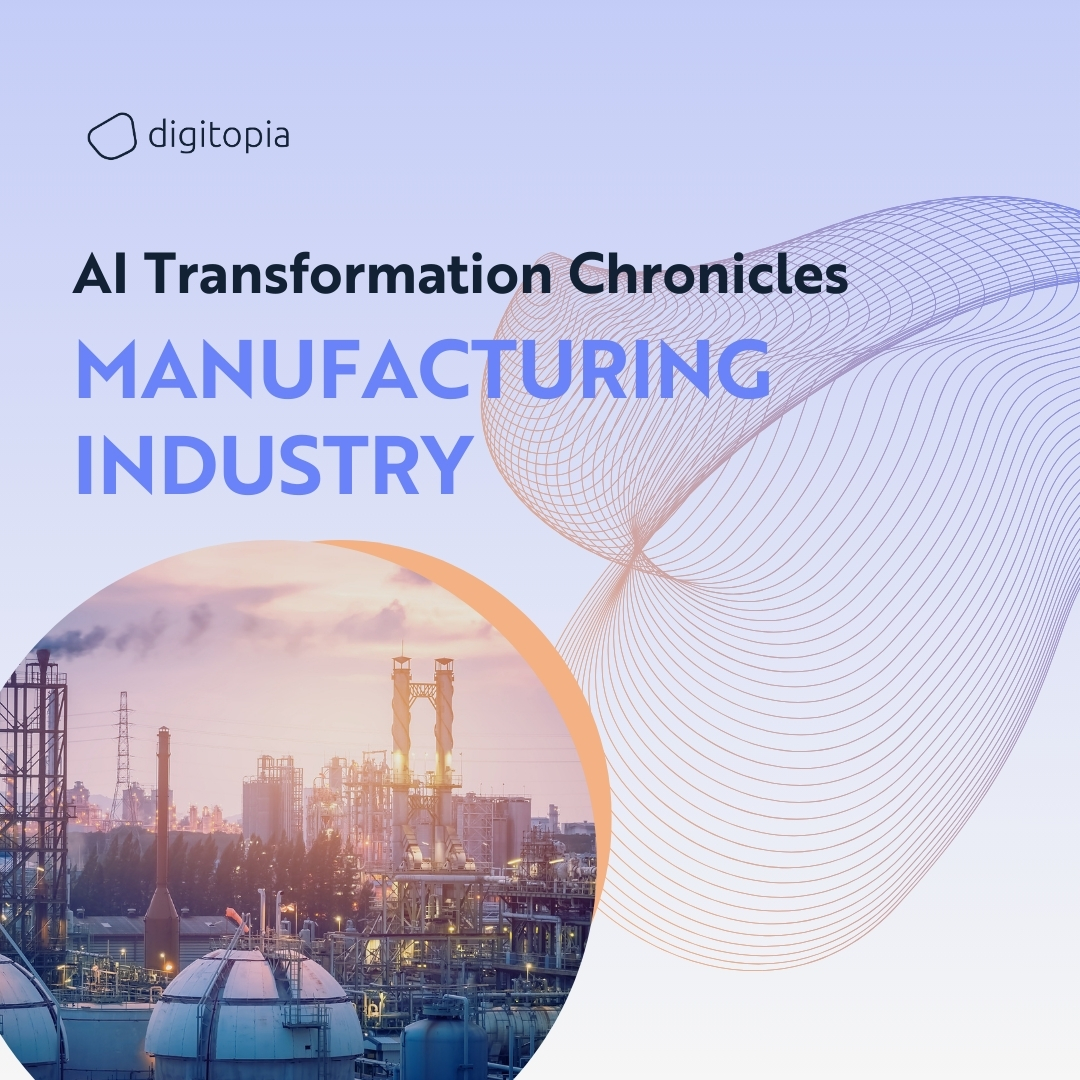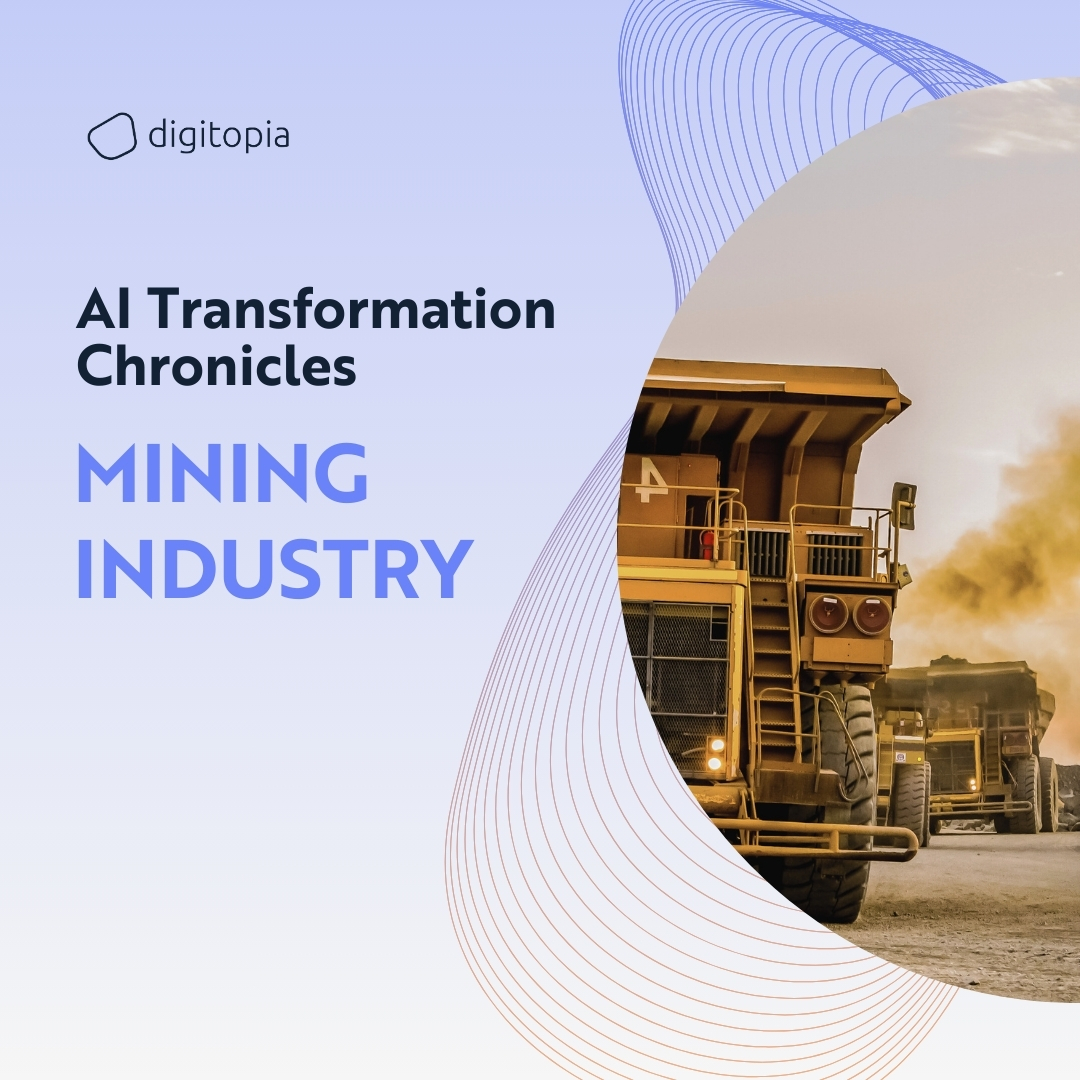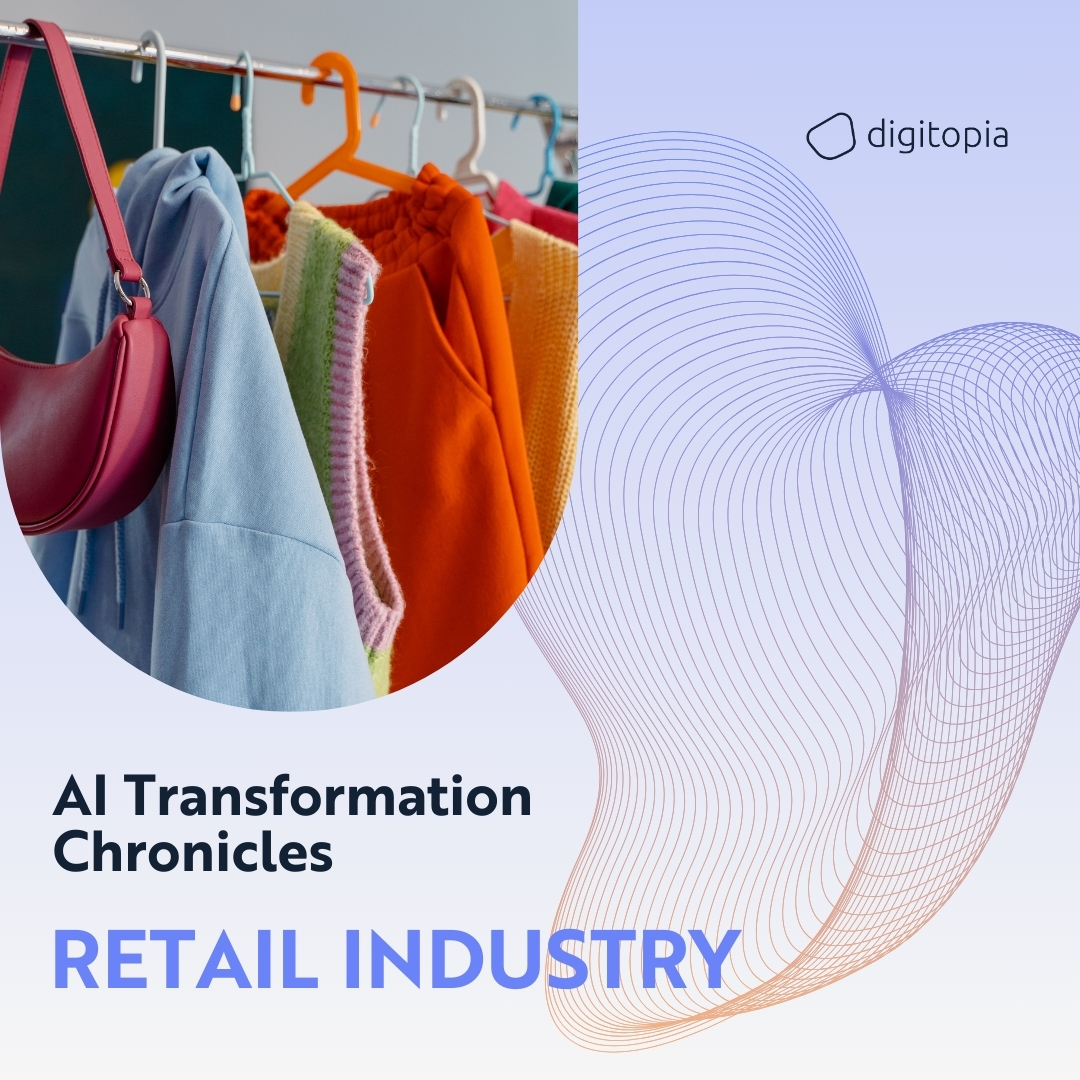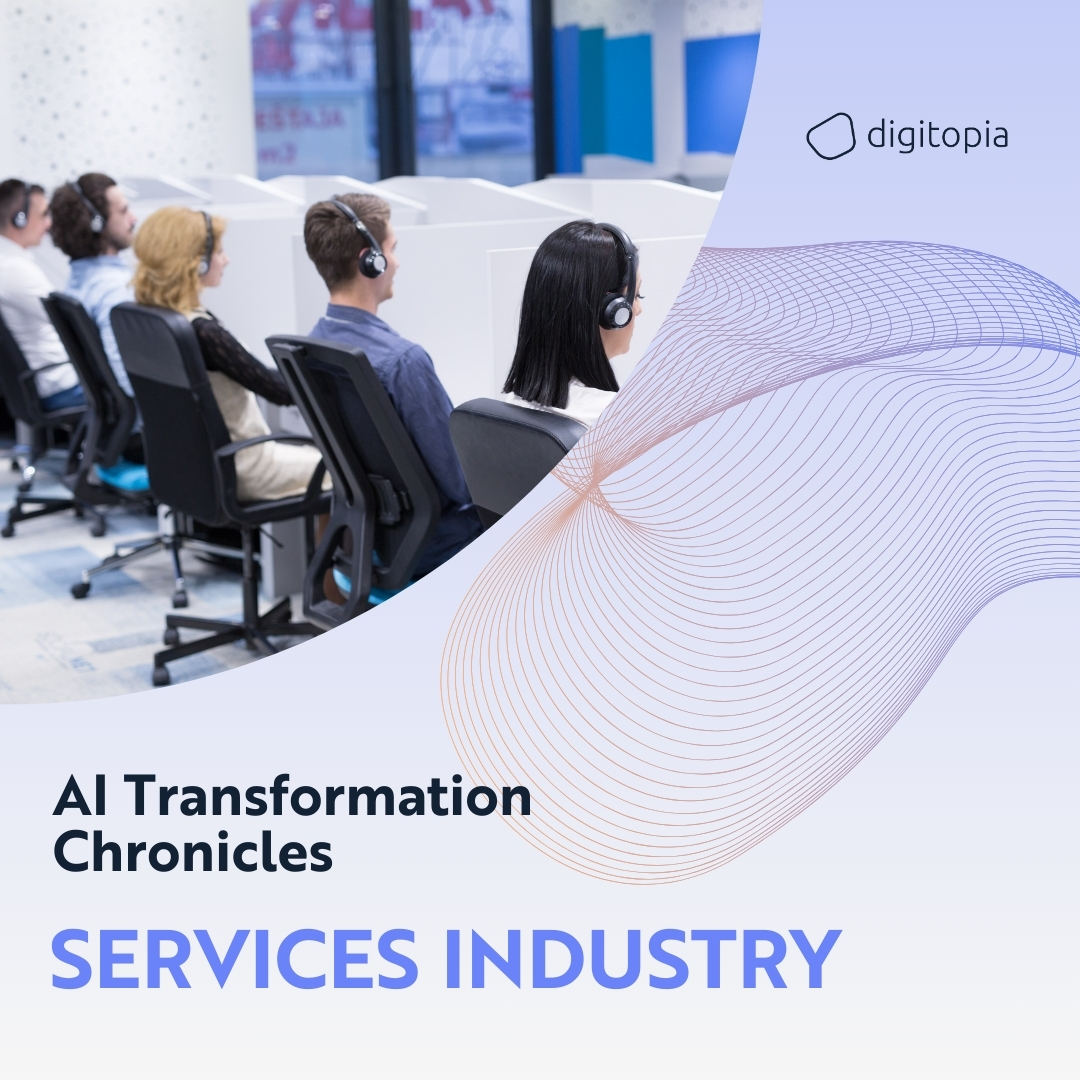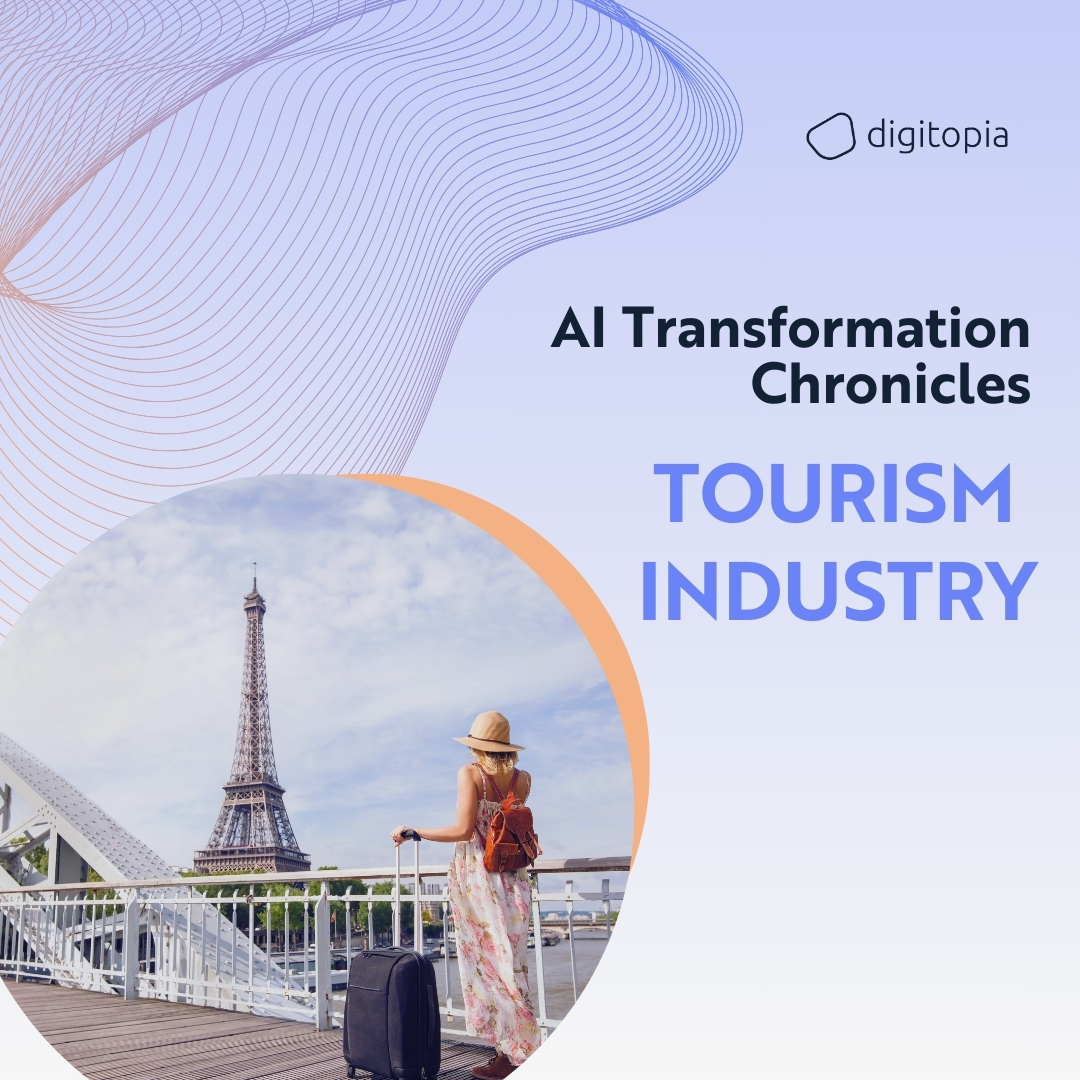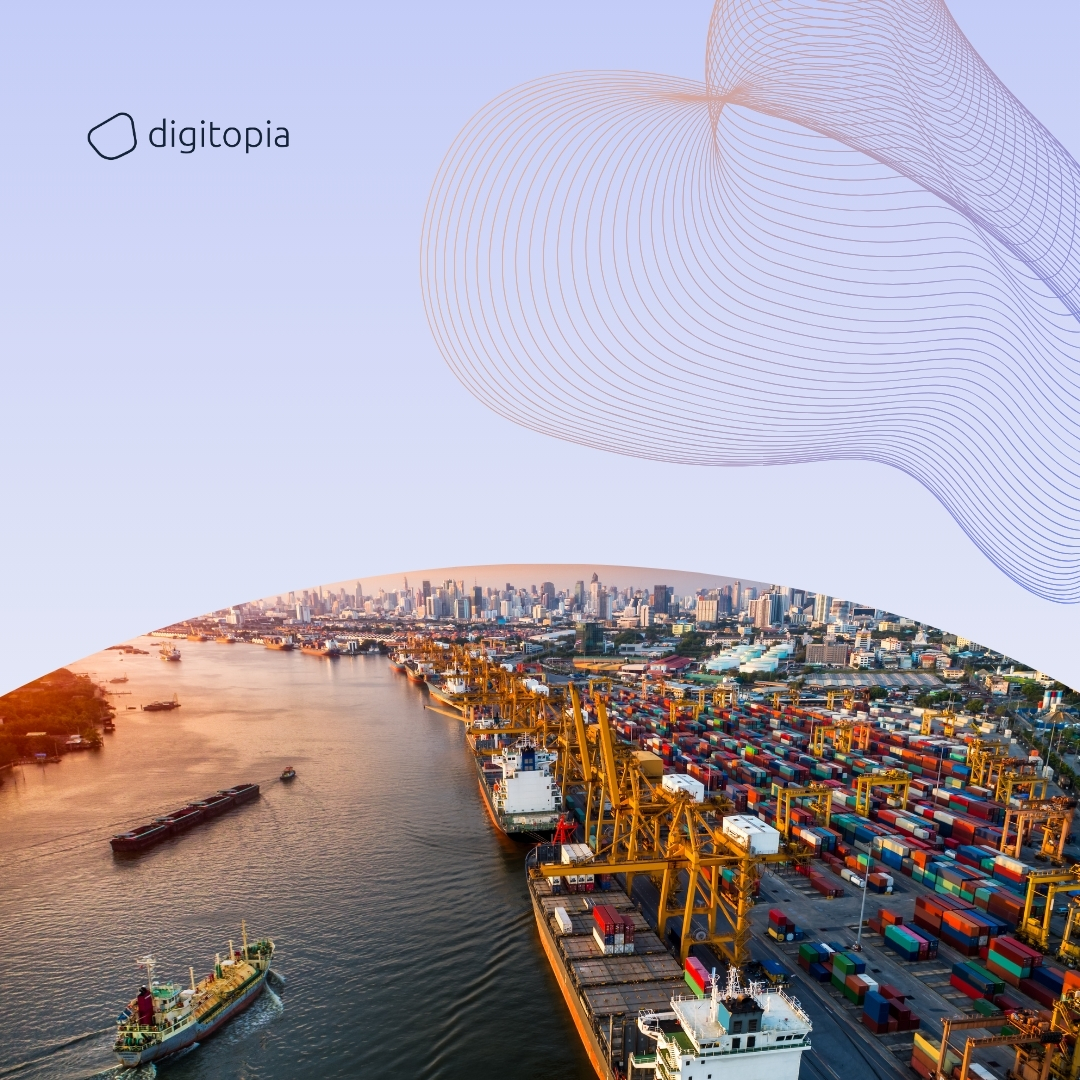
The logistics industry, a critical backbone of global commerce, is undergoing a profound transformation driven by Artificial Intelligence (AI). From basic logistics operations to advanced 3PL (third-party logistics) and 4PL (fourth-party logistics) partners, AI is revolutionizing the way goods are transported, stored, and delivered. This blog explores the transformative potential of AI in logistics, detailing key use cases and success stories that illustrate the profound impact of AI on this dynamic industry.
The Promise of AI in Logistics
Artificial Intelligence (AI) holds transformative potential for the logistics industry, promising unparalleled advancements in efficiency, transparency, and customer satisfaction. From route optimization and predictive maintenance to real-time tracking and personalized services, AI enables logistics companies to streamline operations, reduce costs, and enhance service quality. By leveraging AI’s capabilities, logistics providers can anticipate and mitigate disruptions, optimize supply chains, and deliver superior customer experiences. Embracing AI is essential for logistics companies aiming to stay competitive in a fast-paced, data-driven market, ensuring they can meet evolving customer demands and drive sustainable growth.
- Operational Excellence: AI automates routine tasks, optimizes routes, and predicts maintenance needs, leading to reduced downtime and operational costs.
- Supply Chain Visibility: AI provides real-time tracking and predictive analytics, enhancing transparency and decision-making capabilities.
- Customer Experience: AI personalizes services, improves delivery accuracy, and offers proactive communication, leading to higher customer satisfaction.
- Risk Management: AI predicts potential disruptions and enables proactive risk mitigation, ensuring smoother operations.
Learn More: Top 10 Secrets to Succeeding with AI
Our comprehensive ebook provides actionable insights, real-world case studies, and proven strategies to help you integrate AI into your operations and drive growth.
Download Now
Key Use Cases for AI in Logistics
The integration of Artificial Intelligence (AI) into the logistics industry is unlocking new levels of efficiency, accuracy, and innovation. AI is transforming every aspect of logistics operations, from optimizing delivery routes and predicting maintenance needs to enhancing supply chain visibility and personalizing customer interactions. These AI-driven solutions not only streamline processes and reduce costs but also elevate service quality and customer satisfaction. By focusing on high-impact AI use cases, logistics companies can harness the power of AI to revolutionize their operations, stay ahead of the competition, and meet the demands of an increasingly complex global market.
Operational Excellence
- Route Optimization: AI algorithms analyze traffic patterns, weather conditions, and historical data to determine the most efficient routes, reducing fuel consumption and delivery times.
- Predictive Maintenance: AI monitors the health of vehicles and equipment in real-time, predicting failures before they occur and scheduling maintenance proactively, thus minimizing downtime and maintenance costs.
- Warehouse Automation: AI-driven robots and automated systems streamline warehouse operations, from sorting and packing to inventory management, enhancing efficiency and accuracy.
Supply Chain Visibility
- Real-Time Tracking: AI-powered sensors and IoT devices provide real-time visibility into the location and condition of goods, enabling better monitoring and management of shipments.
- Demand Forecasting: AI analyzes historical data, market trends, and external factors to predict demand accurately, optimizing inventory levels and reducing stockouts and overstock situations.
- Supply Chain Optimization: AI identifies inefficiencies and bottlenecks in the supply chain, suggesting improvements to enhance overall performance and reduce costs.
Customer Experience
- Personalized Services: AI tailors services to individual customer needs, offering personalized delivery options and proactive communication about shipment status and potential delays.
- Automated Customer Support: AI-driven chatbots provide 24/7 customer support, handling inquiries, tracking shipments, and resolving issues quickly and efficiently.
Risk Management
- Disruption Prediction: AI predicts potential disruptions in the supply chain, such as weather events or geopolitical issues, allowing companies to take proactive measures to mitigate risks.
- Fraud Detection: AI analyzes transaction patterns to detect and prevent fraudulent activities, ensuring the security and integrity of logistics operations.
Powerful Success Stories in AI-Driven Logistics
The AI revolution in the logistics industry is already underway, with leading companies demonstrating the transformative power of artificial intelligence. These success stories illustrate the significant benefits of AI adoption, from enhanced operational efficiency to improved customer experiences.

DHL – Germany (Route Optimization)
Challenge: DHL, a global leader in logistics, faced challenges in optimizing delivery routes for its vast network of shipments. Inefficient routing led to increased fuel consumption, longer delivery times, and higher operational costs.
Solution: DHL implemented an AI-driven route optimization system that analyzes traffic data, weather conditions, and historical delivery patterns. The system uses machine learning algorithms to determine the most efficient routes for each delivery, dynamically adjusting routes in real-time based on current conditions.
Benefits: The AI-driven route optimization system has significantly reduced fuel consumption and delivery times for DHL. The company has achieved cost savings and improved delivery accuracy, enhancing customer satisfaction. This innovative approach has strengthened DHL’s position as a leader in the logistics industry.
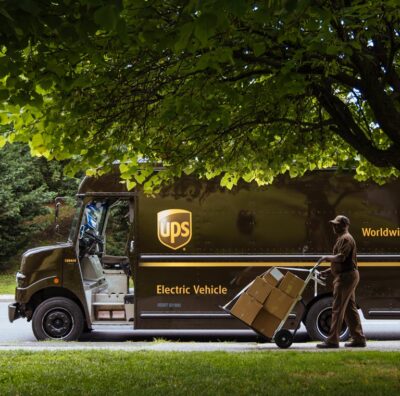
UPS – United States (Predictive Maintenance)
Challenge: UPS, one of the world’s largest package delivery companies, faced challenges in maintaining its extensive fleet of vehicles. Unplanned breakdowns and maintenance issues led to increased downtime and higher maintenance costs.
Solution: UPS adopted an AI-powered predictive maintenance system that monitors vehicle health in real-time using IoT sensors. The system analyzes data from sensors to predict potential failures and schedule maintenance proactively, ensuring vehicles are serviced before breakdowns occur.
Benefits: The predictive maintenance system has significantly reduced unplanned downtime and maintenance costs for UPS. The company has improved fleet reliability and operational efficiency, enabling it to provide more reliable and timely delivery services. This proactive maintenance approach has positioned UPS as a forward-thinking leader in logistics.
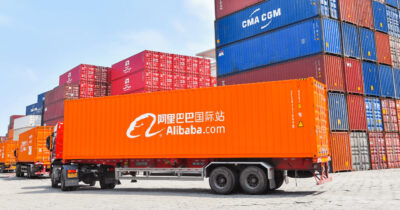
Alibaba – China (Warehouse Automation)
Challenge: Alibaba, a global e-commerce giant, faced challenges in managing its large-scale warehouse operations efficiently. Manual processes were time-consuming and prone to errors, affecting order fulfillment speed and accuracy.
Solution: Alibaba implemented AI-driven warehouse automation systems, including robots and automated sorting and packing machines. These systems use AI to optimize warehouse operations, from inventory management to order processing, ensuring high efficiency and accuracy.
Benefits: The AI-driven warehouse automation systems have significantly increased the speed and accuracy of order fulfillment at Alibaba. The company has reduced labor costs and improved overall operational efficiency, enabling it to meet growing customer demands and maintain its competitive edge in the e-commerce market.
Key Recommendations for Successful AI Transformation in Logistics
To unlock the full potential of AI in logistics, it’s essential to focus on strategic investments, develop a culture of innovation, and foster collaborative leadership. By building robust data infrastructures, nurturing AI talent, and leveraging ecosystem partnerships, logistics companies can drive efficiency, enhance customer experiences, and achieve sustainable growth. Embrace these recommendations to lead your organization into the future of logistics, where AI-powered solutions transform challenges into opportunities.
- Invest in Data Infrastructure: Develop a robust data infrastructure to collect, integrate, and analyze data from various sources across the logistics value chain. Ensure data quality and accessibility to drive effective AI implementation.
- Develop AI Expertise: Prioritize talent acquisition and development by investing in comprehensive training programs and forming partnerships with educational institutions. Foster a culture of continuous learning and innovation to build a skilled workforce capable of leveraging AI technologies.
- Foster Collaborative Leadership: Leadership teams must champion AI transformation by articulating a clear vision and strategy for AI adoption. Encourage collaboration across departments and functions to ensure alignment and drive AI initiatives forward.
- Leverage Ecosystem Partnerships: Build an ecosystem of partners, including technology providers, academic institutions, and industry consortia, to accelerate AI adoption and innovation. Collaborate with partners for knowledge sharing and access to advanced tools and platforms.
- Align AI Initiatives with Business Goals: Identify and prioritize AI projects that align with strategic business objectives and deliver measurable value. Focus on high-impact use cases that build momentum for broader AI adoption.
- Implement Continuous Measurement and Improvement: Use tools like Digitopia’s AI Maturity Index to continuously assess and benchmark AI capabilities. Regularly review progress, adjust strategies, and ensure AI initiatives deliver the expected value.
By addressing these strategic areas, logistics companies can effectively harness AI’s potential to drive transformation, enhance efficiency, and improve customer satisfaction. Embracing AI across operational, supply chain, customer, and risk management dimensions will ensure long-term success and resilience in a rapidly evolving global market.


